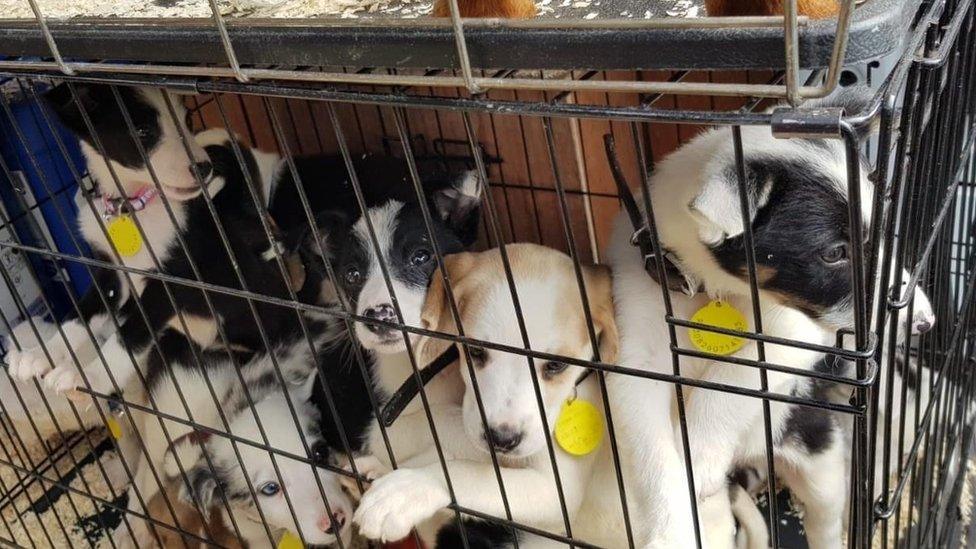Dog theft: Gloucestershire Police boss wants pet IDs
- Published
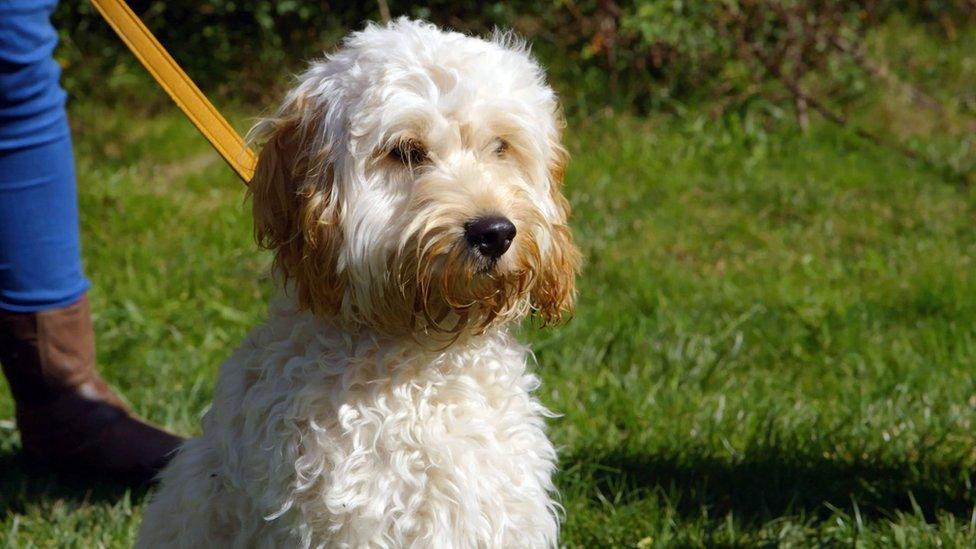
Demand for dogs has increased during the pandemic, pushing up the cost of some puppies from £500 to £2,000.
Dog owners should be required to have identity documents for their pets in a bid to combat theft, a police and crime commissioner has said.
Martin Surl, PCC for Gloucestershire, said the problem of dogs being stolen goes "far beyond the police" and needs tackling at an international level.
Charity DogLost reported a 170% rise in the crime, from 172 dogs reported stolen in 2019 to 465 dogs in 2020.
Mr Surl said a person should have "to prove" a dog is theirs.
Police chiefs warned that organised criminals have turned to dog theft as a rise in demand for puppies during lockdown meant increased profits from the illicit trade.
'Something you love'
During a media briefing by the Association of Police and Crime Commissioners, Mr Surl said: "We've got to go far deeper than where we are at the moment.
"On a car you know who it's bought from, it's got certain standards, it's got an MOT, if you sell it you have to put a document in.
"For a dog - something you absolutely love - you haven't got to do anything like that. All you have to do is a chip which nobody really checks anyway.
"It's [Pet ID] not hard to do, a simple piece of legislation. When you find a dog, the person has to prove it's theirs, not the other way around."
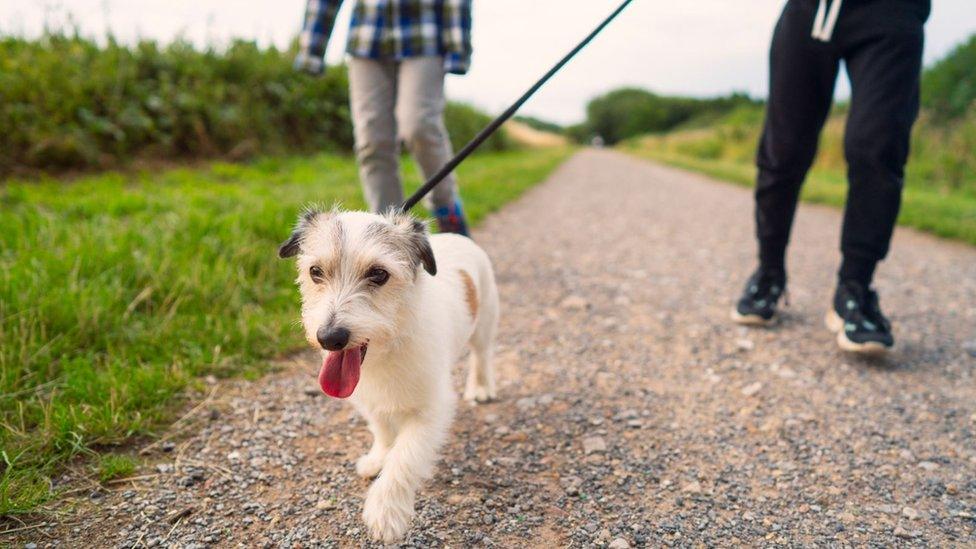
There has been growing alarm over the problem of dog thefts with the Home Secretary pledging to “go after” pet thieves
Last month, Home Secretary Priti Patel pledged to look at tougher pet theft measures, while Nottinghamshire Police appointed a specialist officer to focus on the crime.
Mr Surl added: "This is a problem that needs all the other agencies - the RSPCA, trading standards, the border guard, the Gardai over in Ireland, and even in Europe as well."
At present, dog theft is not defined as a specific crime, with dogs classed as "property", meaning the number of offences recorded may appear lower than in reality.

Follow BBC West on Facebook, external, Twitter, external and Instagram, external. Send your story ideas to: bristol@bbc.co.uk , external
Related topics
- Published12 March 2021

- Published12 February 2021
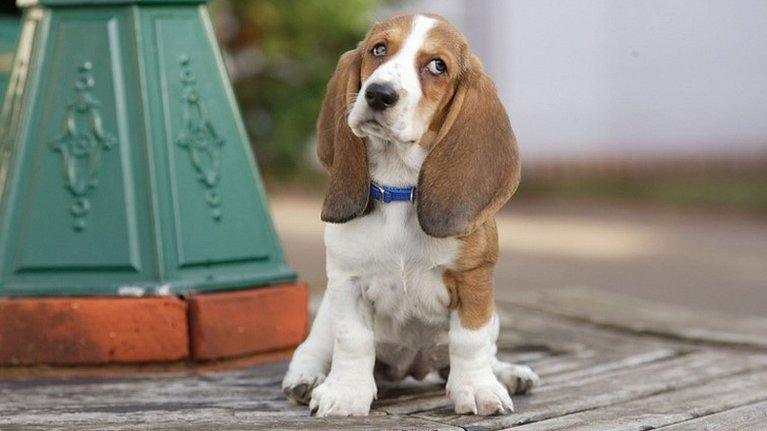
- Published17 December 2020
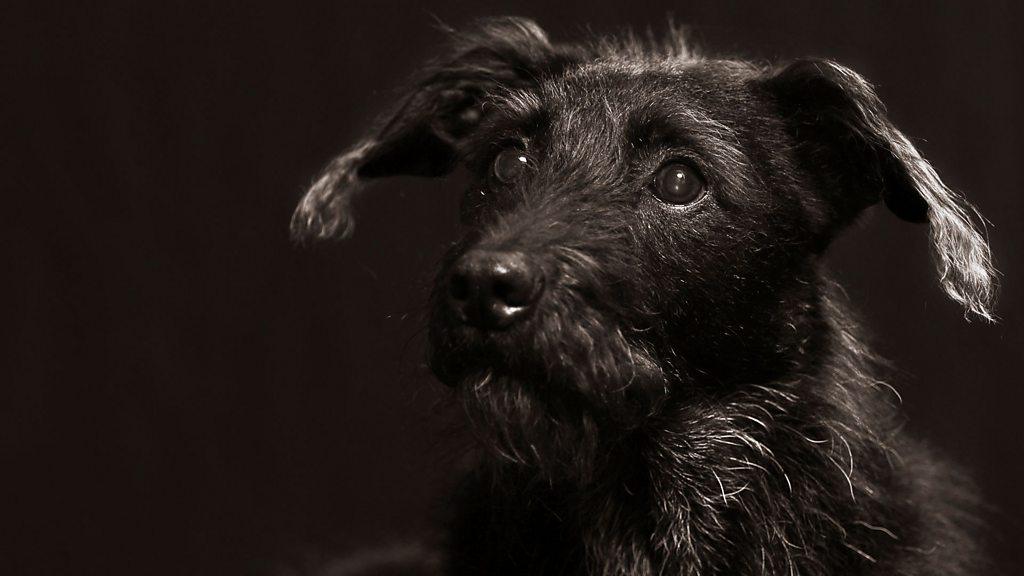
- Published17 October 2020
